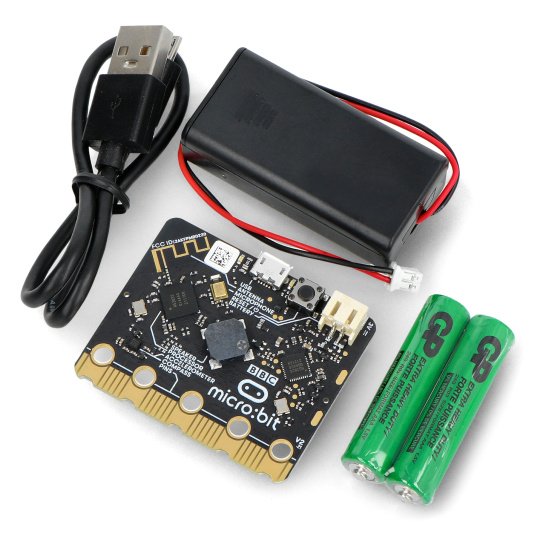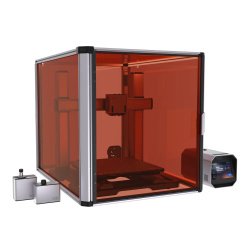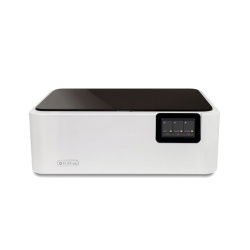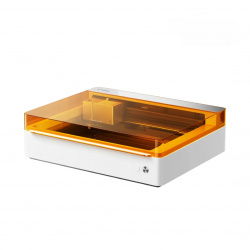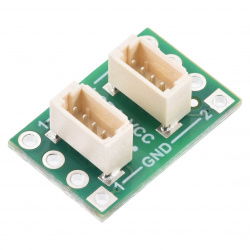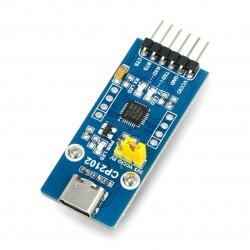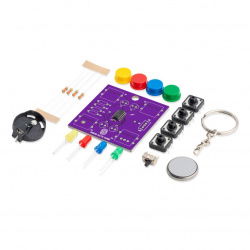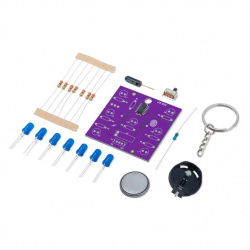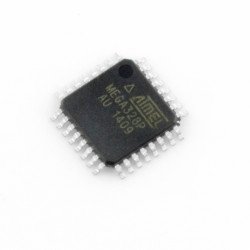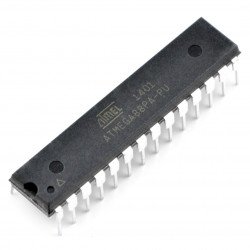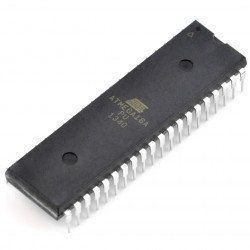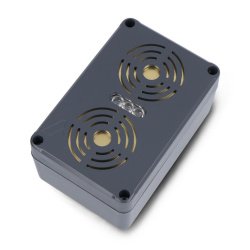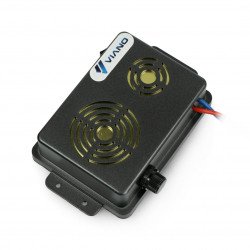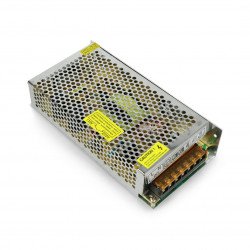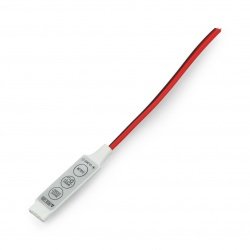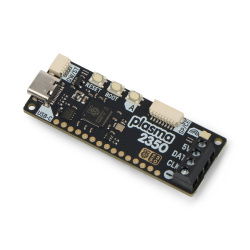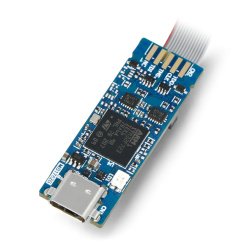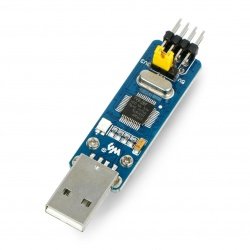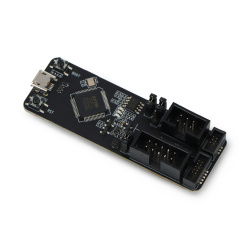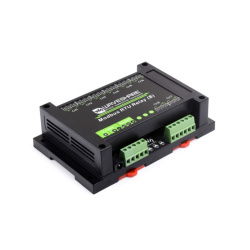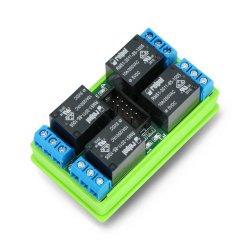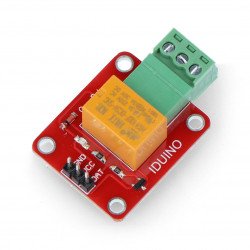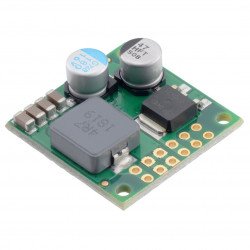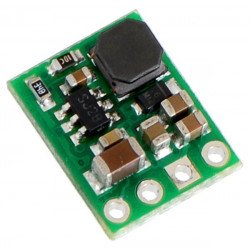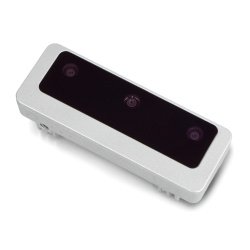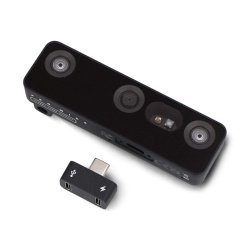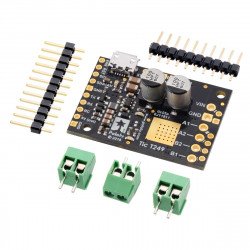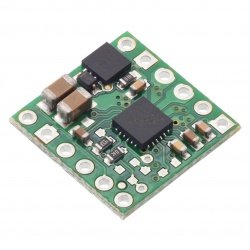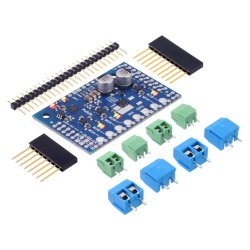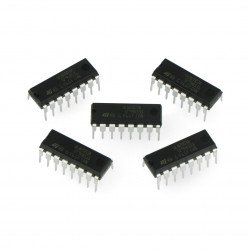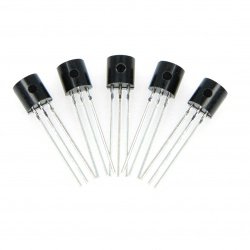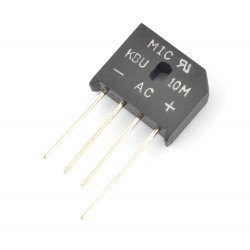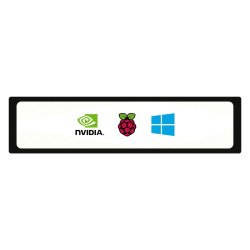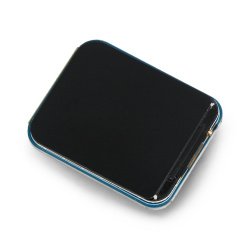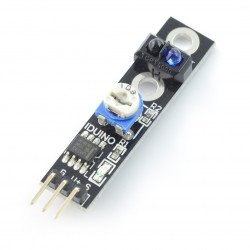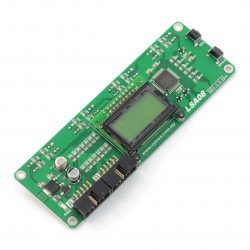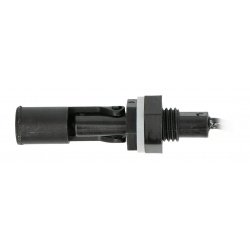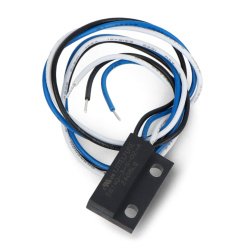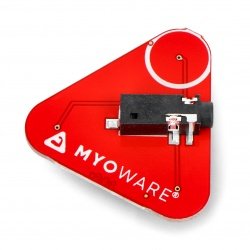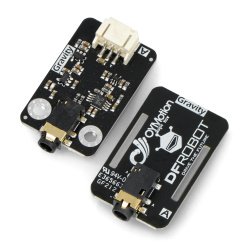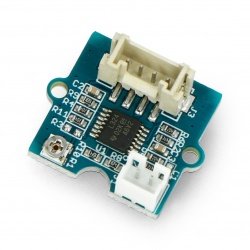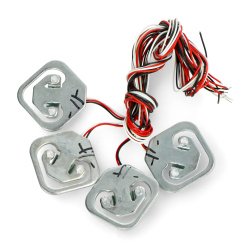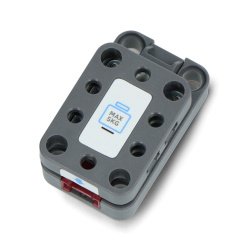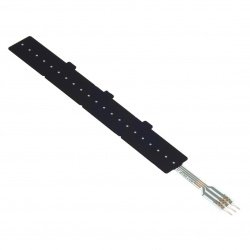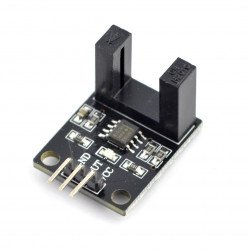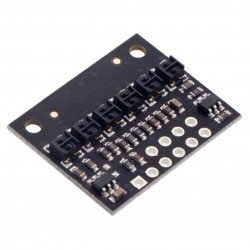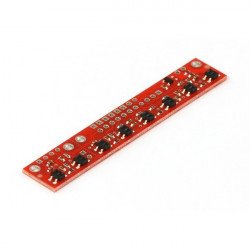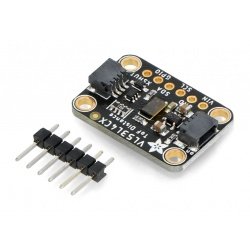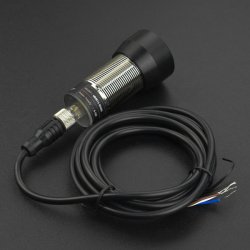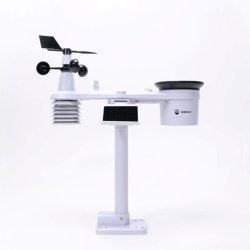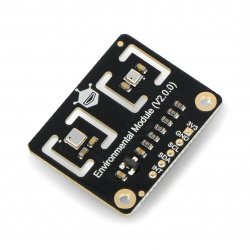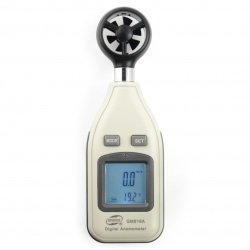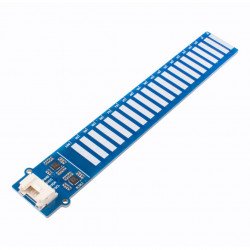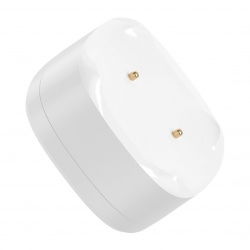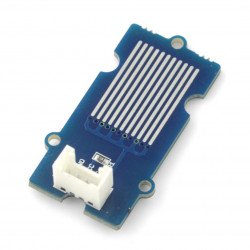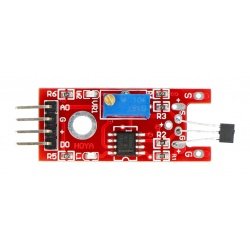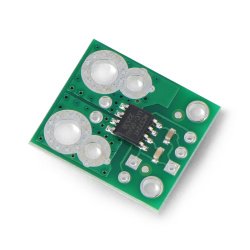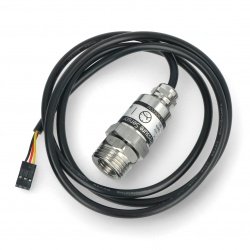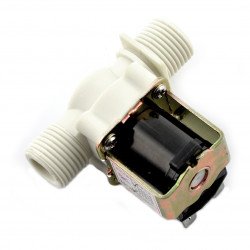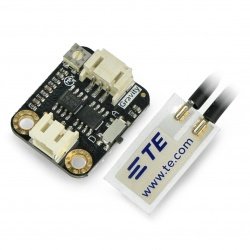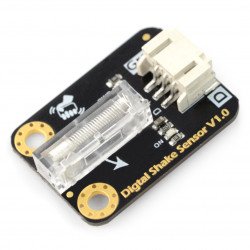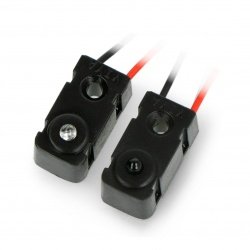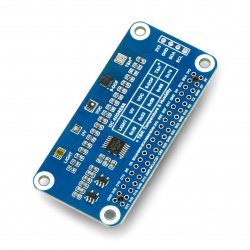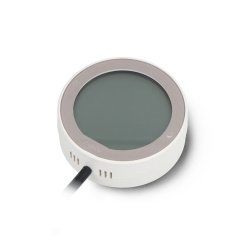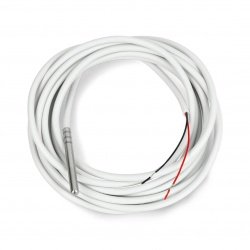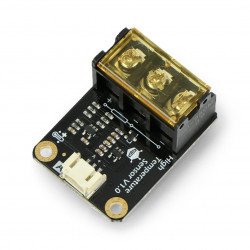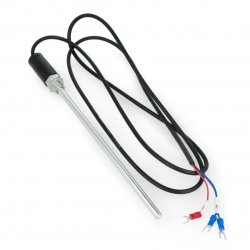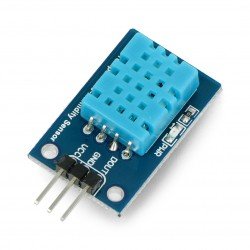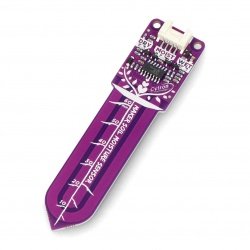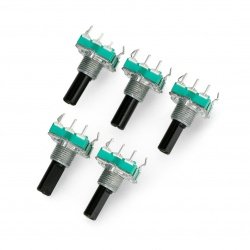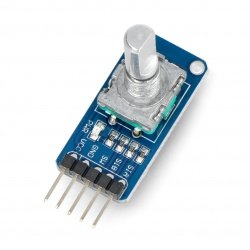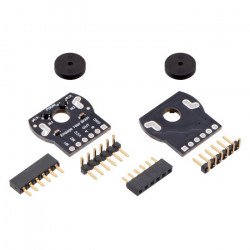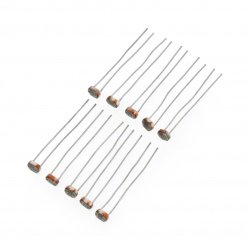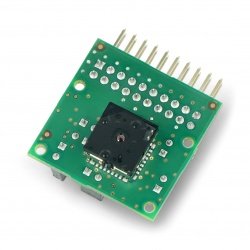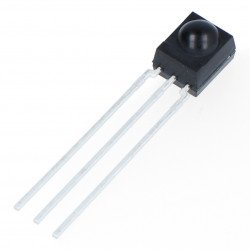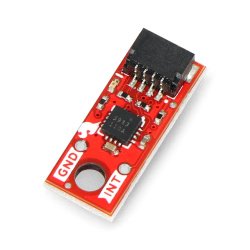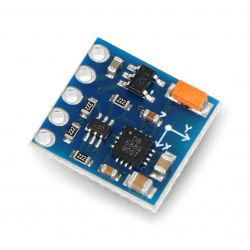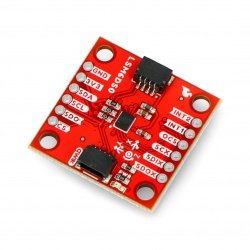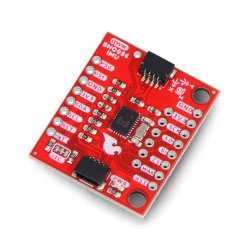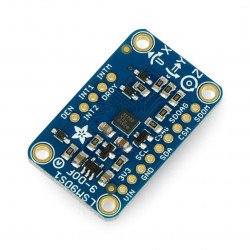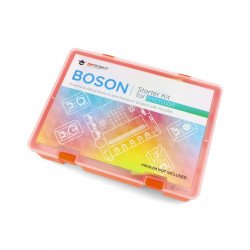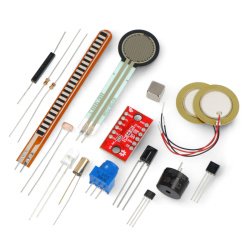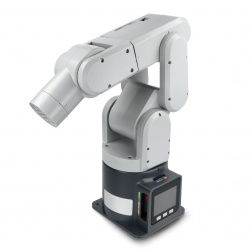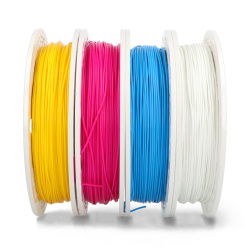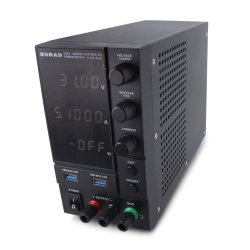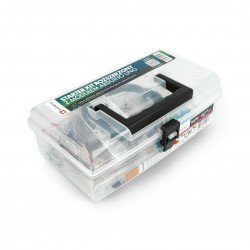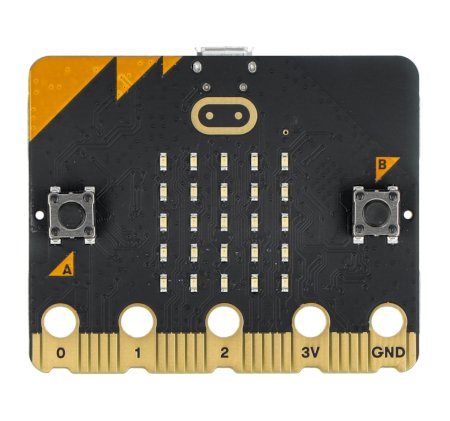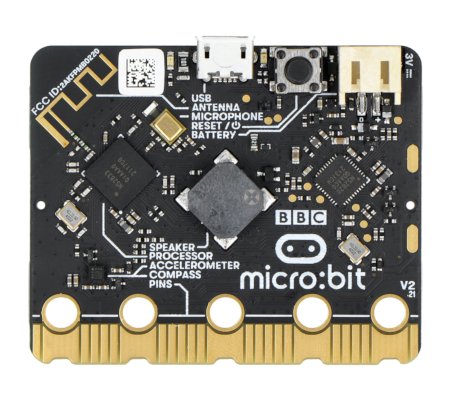Product description: BBC micro:bit 2 GO - education module, Cortex M4, accelerometer, Bluetooth, LED 5x5 + accessories
BBC micro:bit 2 GO development board based on nRF52833 with ARM Cortex-M4 core. It has a built-in MEMS microphone, speaker, touch button, accelerometer, magnetometer, Bluetooth 5.0, 5x5 LEDdisplayand many others. The set consists of amicro:bit2 module, a basket with two AAA batteries and a microUSB cable. The module is designed to learn programming for the youngest users.
The setmicro:bit 2 Goconsists of the necessary accessories to start working with the module. The kit includes a BBC micro:bit 2, a microUSB cable for communication with a computer, a battery box with a power cord and two AAAbatteries. The box also contains instructions for starting the kit.
Front of the BBC micro:bit 2.
New to the previous version.
Changes from the previous version
- Logo touch button
- Built-in MEMS microphone
- Power and microphone activity LED indicator
- Built-in speaker
- A notch was used in a 20-pin connector on the edge of the PCB
Back of the BBC micro:bit 2.
New to the previous version.
Programming the BBC micro:bit 2
Micro:bit 2 module was created to teach programming to the youngest users. It can be programmed ina web environment,micro:bit editororMu editor. After creating the script, connect the module to the computer using the microUSB cable and load the created script.The device connected to the computer is visible as a flash memory.
The board can also be programmed wirelessly via Bluetooth and an intuitive mobile application, thus providing greater possibilities of integration with the BBC platform micro:bit 2.
BBC micro:bit 2 specification
- System: nRF52833
- Flash memory: 512 kB
- RAM memory: 128 kB
- Microphone: MEMS with activity LED
- Loudspeaker
- Touch logo: touch button
- Edge connector: 20-pin, 4 GPIO, PWM, I2C, SPI, external power supply
- 5 eyelets
- Communication: 2.4 GHz / Bluetooth 5.0
- Power supply: 5 V - microUSB / 3 V - edge connector or batteries. Power LED indicator, off button (press and hold)
- Current efficiency of the pins: 200 mA
- Motion sensor: ST LSM303
- Dimensions: 50 x 40 mm
The BBC micro:bit Go kit contains
| L.p. | Photo | Name | Number |
|---|---|---|---|
| 1. | 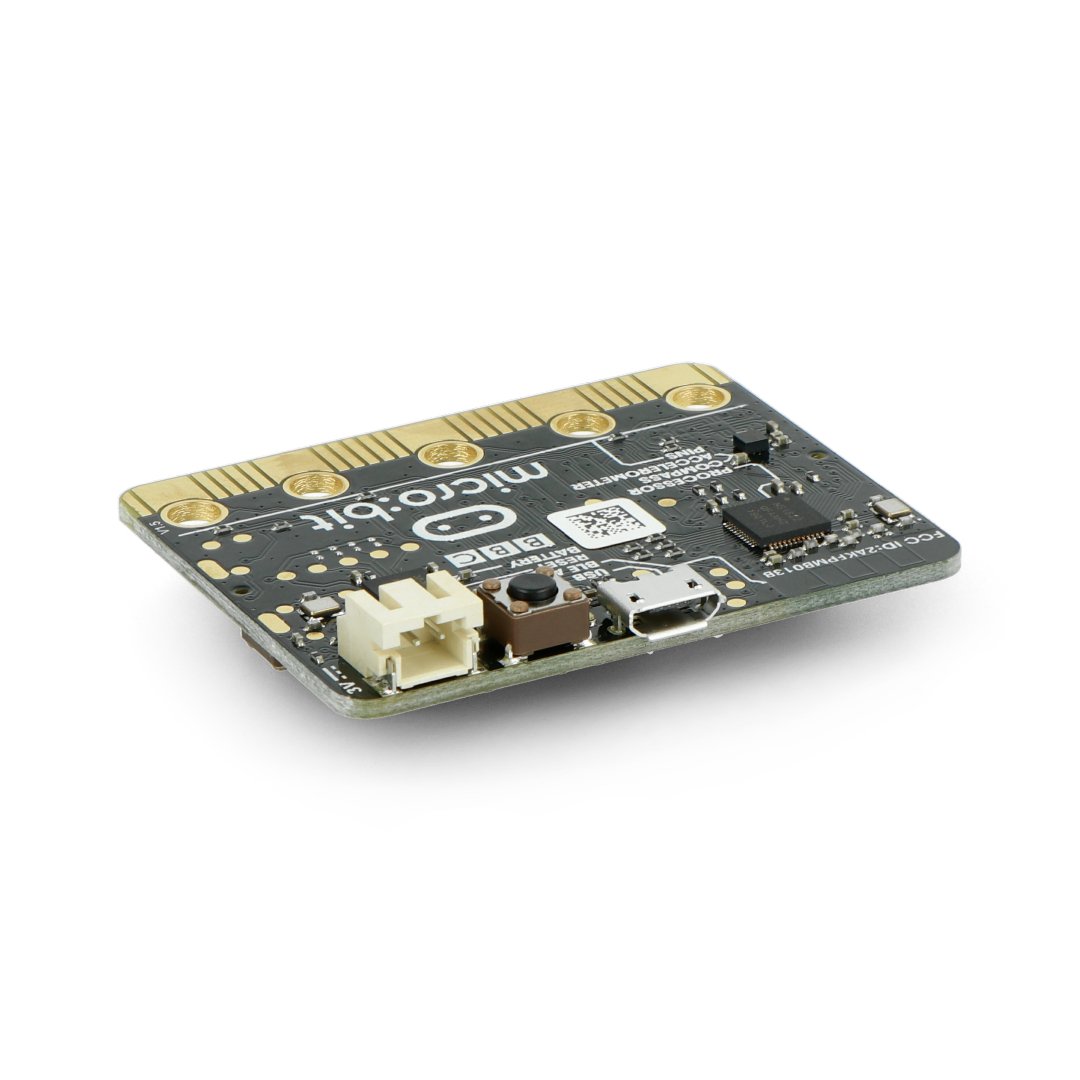 |
The BBC's micro:bit 2 minicomputer, designed to spread the word aboutelectronics and programming among the youngest. The module is basedon nRF52833 chip withARM Cortex M4core. |
1pcs. |
| 2. | 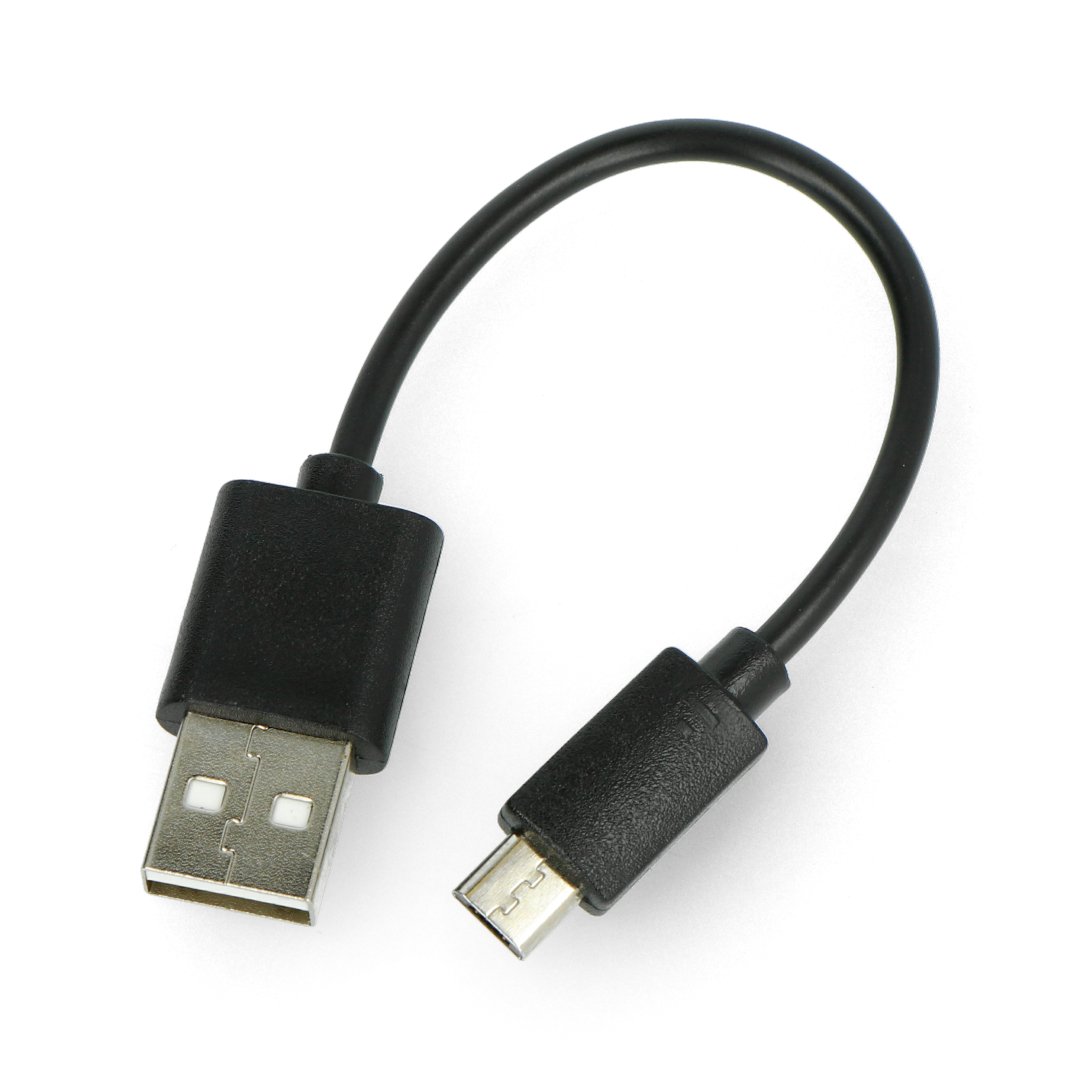 |
USB cable type A - microUSB, allowing the module to communicate with a personal computer from which it will be programmed. The USB cable can also be used to power the board. |
1pcs. |
| 3. | 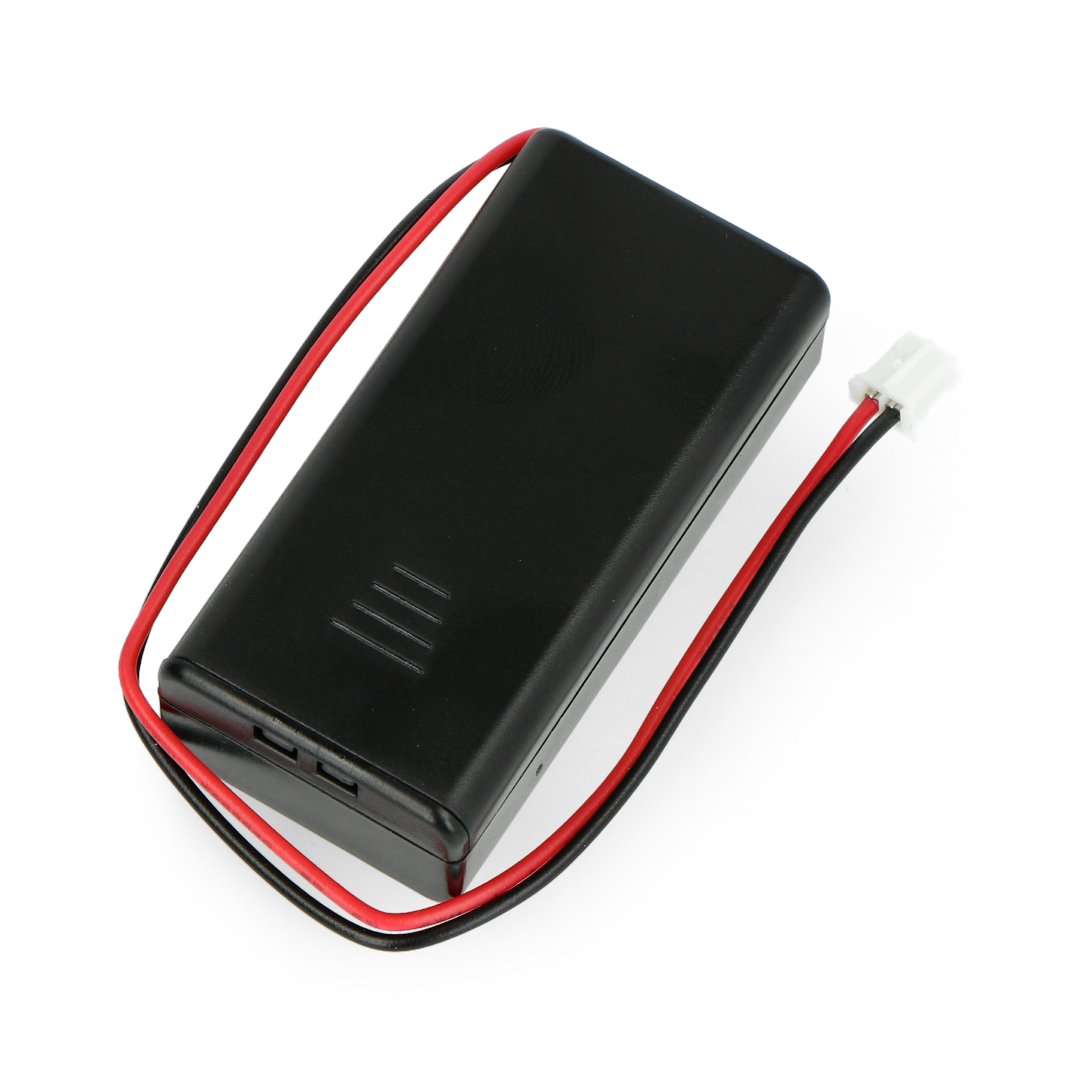 |
Box for 2 AAA batterieswith a wire and connector compatible with a micro:bit board. This is the second way to power the board, battery power allows you to move our project to any place. | 1pcs. |
| 4. | 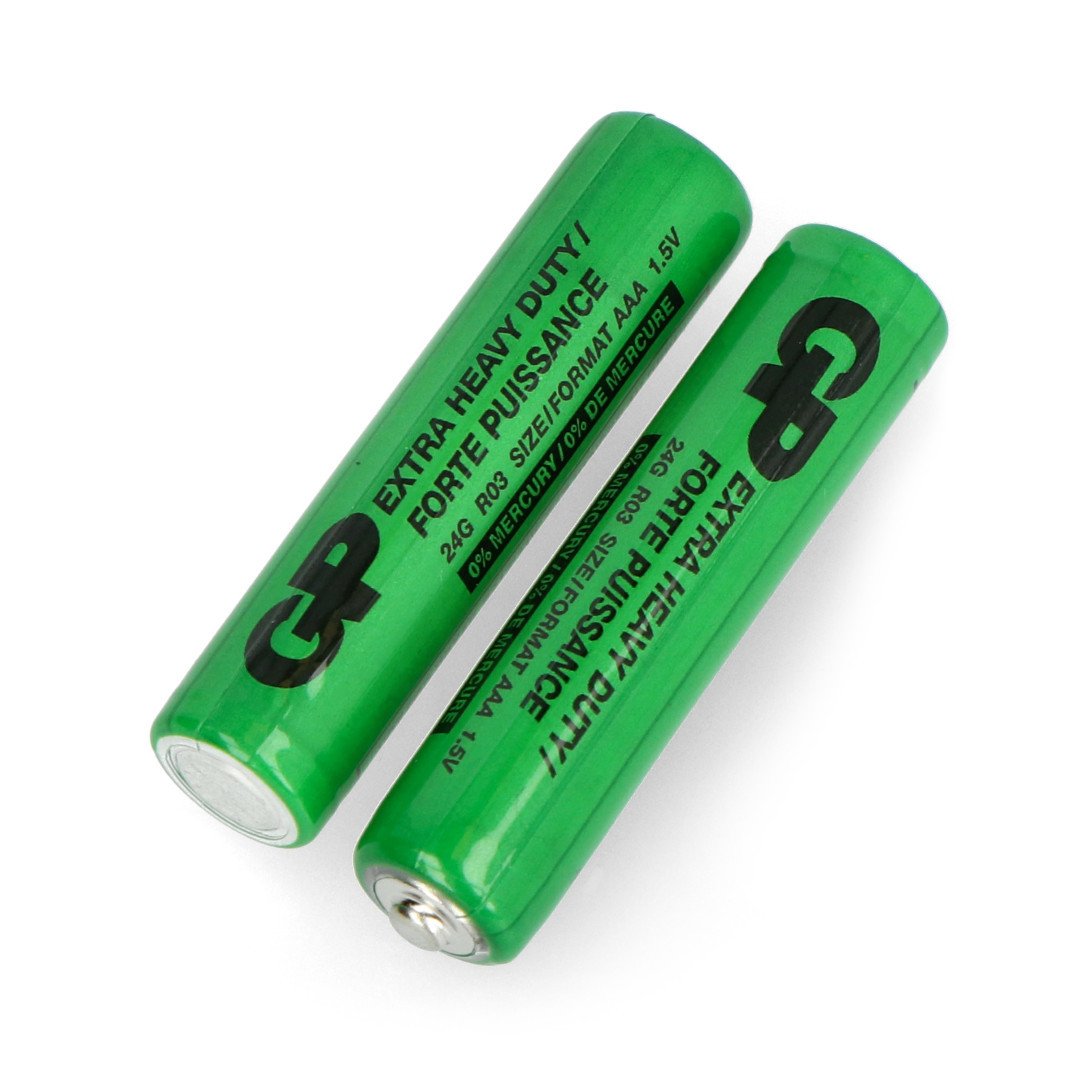 |
Battery AAAwith a voltage of 1.5 V, to be powered by a battery basket. | 2pcs. |
Useful links |
